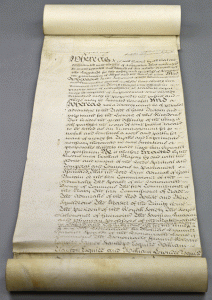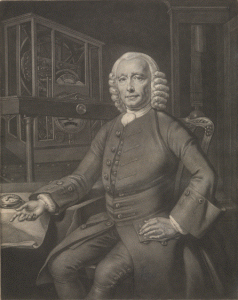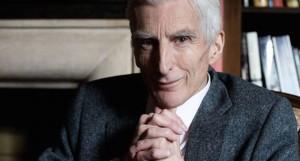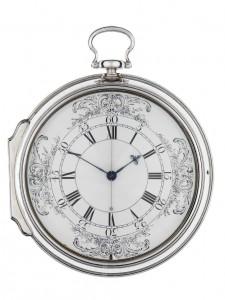Essential Information
| Location |
Royal Observatory
|
|---|---|
17 Nov 2014
Today's guest blog is from Astronomer Royal Lord Martin Rees. He tells us why you should take part in Nesta's Longitude Prize 2014 which opened for entries today. The prize aims to use cash incentives to drive forwards innovation in the same way the 1714 Longitude Act helped solve one of the greatest problems of it's day - the quest to safely navigate at sea. You can explore the fascinating history of the original quest for longitude in our Ships, Clocks and Stars exhibition.
At the very core of science is a longing for discovery. The universe is endlessly fascinating and challenging, and mankind’s curiousness and ingenuity has, thoughout history, been a main ‘driver’ of scientific advances. As we prepare to open the Longitude Prize 2014 to competitors, we stand facing the unknown: the challenge is set, and we hope it will be a world-wide stimulus to people’s ingenuity and pioneering spirit, and that it will help to solve one of the greatest challenges to global health.
But the basic human desire for understanding is stimulated primarily by the world around us, both reactively and proactively. When the Longitude Act was signed in 1714, the challenge was to meet a debilitating impairment to progress - being unable to navigate at sea.

Our great challenges today are still impairments to progress, although the world now is very different from the days of the original Act, and the challenges more diverse. ... Transforming society Longitude Prize 2014 will offer a distinctive – indeed transformational – approach to incentivizing important research. Already, around 1500 people say they are interested in solving the problem presented by the prize; around 30% of those who responded to our survey believe that their solution could have a global impact on medicine. I urge anyone with an idea, however great or small, to enter the prize - innovation can come from anywhere. The ‘winner’ of the original Longitude Act, John Harrison, was a clockmaker and carpenter who saw in his clocks a way to turn the problem of Longitude on its head and provide an elegant solution to a complex problem.

We want anyone who feels they have a great idea to take part in Longitude, regardless of your status or resource. From our survey, a third of potential entries to the Longitude Prize say they will be working alone , but almost two thirds of potential competitors are looking to collaborate with each other to win, so even if you have an idea but no way to develop it you will be able to find others to help you. Harrison’s clock and its successors have had huge impact on the world -- on communication, commerce, travel, medicine and far wider ranging areas of global society. This is what makes the prize concept potentially such a cost-effective way to influence research. Rather than the gradual approach of grant-driven research, the game-changing influence of a winning design can spur innovation among others along the way as well as providing a specific solution in itself.
So why should you enter the Longitude Prize? Longitude Prize is open to anyone to enter and aims to have a real impact on global health by encouraging people around the world to work towards a solution. You can be part of this journey of discovery. Winning the Longitude Prize will mean so much more than just a cash prize - the global implications of antibiotic resistance are far more important than the Prize itself. The Prize has highlighted a problem, and represents a commitment by society to tackle it. Like Harrison’s clock, the impact of a winning entry has the potential to be far greater than we can conceive at this point. The challenge could hardly be more worthwhile and I hope it’s a real stimulus. You can read Lord Martin’s full post on the Longitude Prize website

